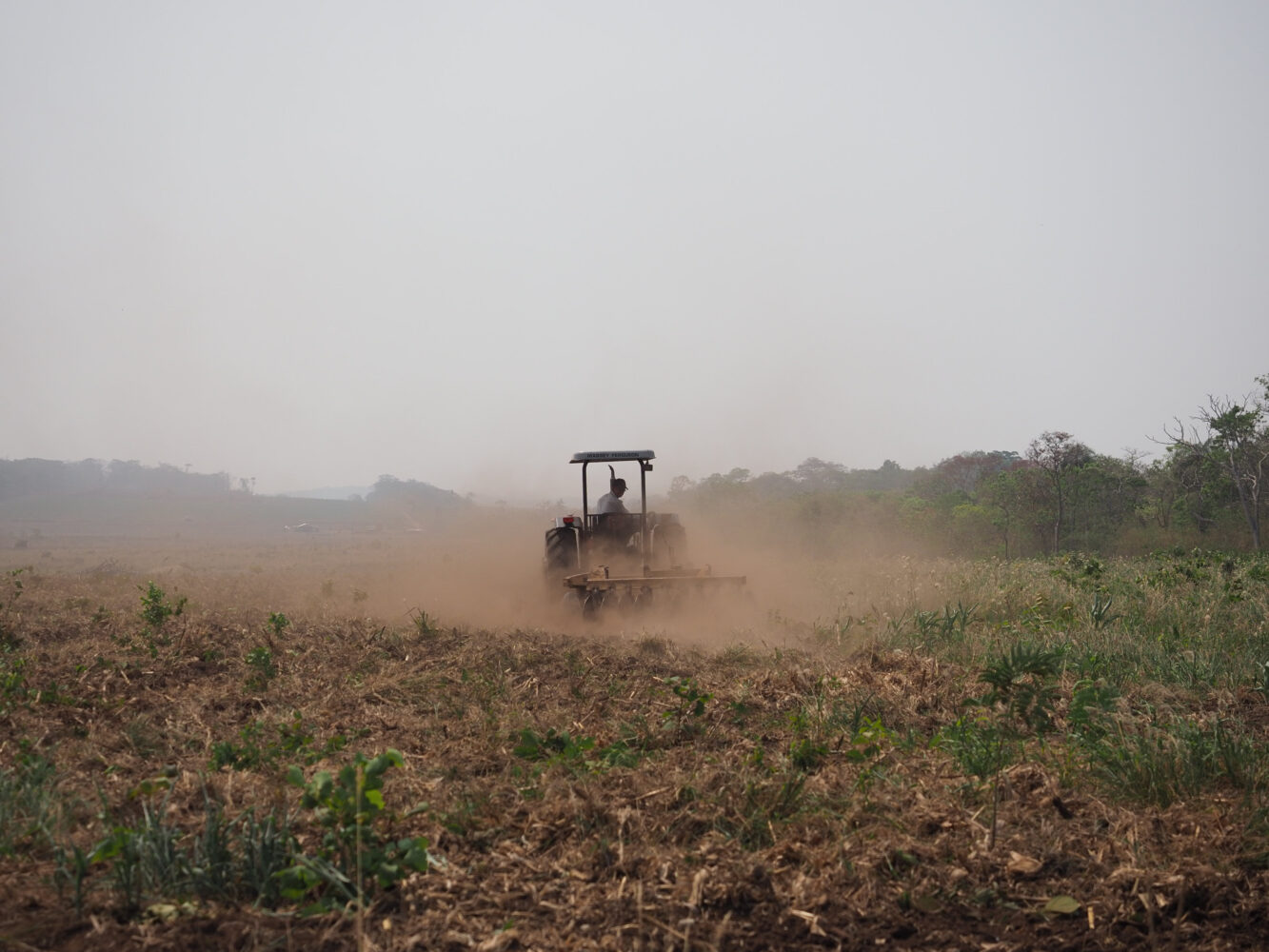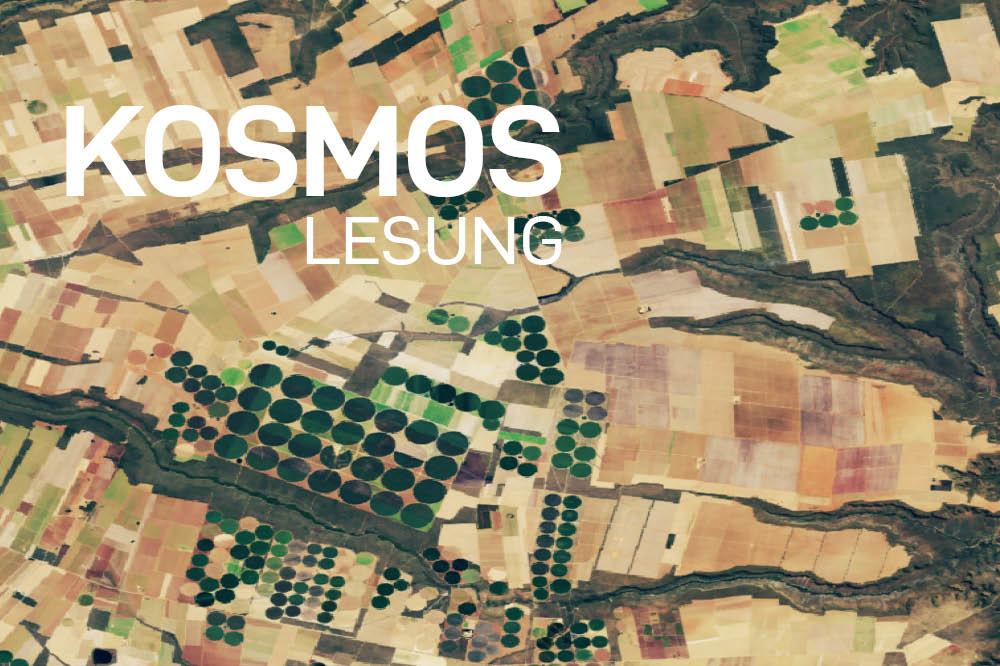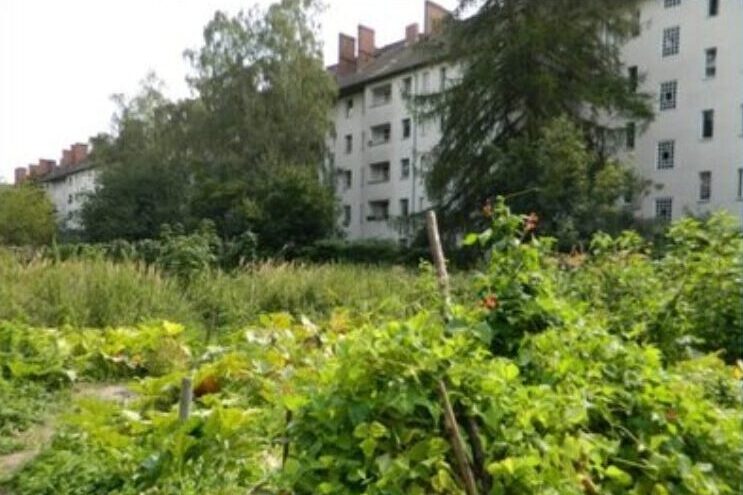Together with colleagues, THESys doctoral researcher Marie Pratzer has published a paper on agricultural intensification, Indigenous stewardship and land sparing in tropical dry forests in Nature Sustainability.

“Higher yields are often assumed to lead to less deforestation, because more can be produced on less land. We find that this assumption is wrong, especially where market-oriented commodity agriculture dominates. Interestingly, higher yields actually reduced deforestation in areas where much land was inhabited or managed by Indigenous Peoples.” Marie Pratzer
Intensifying agriculture does not save forests – but Indigenous land stewardships does
Agricultural intensification, an increase in per-area productivity, may spare forests otherwise lost to agricultural expansion. Yet which conditions enable such sparing or whether intensification amplifies deforestation through rebound effects remains hotly debated.
Using a multilevel Bayesian regression framework, the authors analyze the effects of agricultural intensification on deforestation in the world’s understudied and threatened tropical dry forests. They find that, overall, intensification has not lowered deforestation in tropical dry forests, particularly in countries where commodity crop production dominates—a situation typical for many areas where agriculture is expanding. However, country-level intensification reduced deforestation in areas where Indigenous land stewardship is widespread.
More appropriately acknowledging the critical role of Indigenous Peoples in preventing rebound effects, either on their lands or on the wider surrounding area, as well as recognizing and enforcing their rights, could thus translate into major opportunities for agricultural intensification to deliver positive outcomes for people and nature.
Publication
Pratzer, M. et al. Agricultural intensification, Indigenous stewardship and land sparing in tropical dry forests. Nat. Sustain. 2023. 10.1038/s41893-023-01073-0
Photo credits: Marie Pratzer







